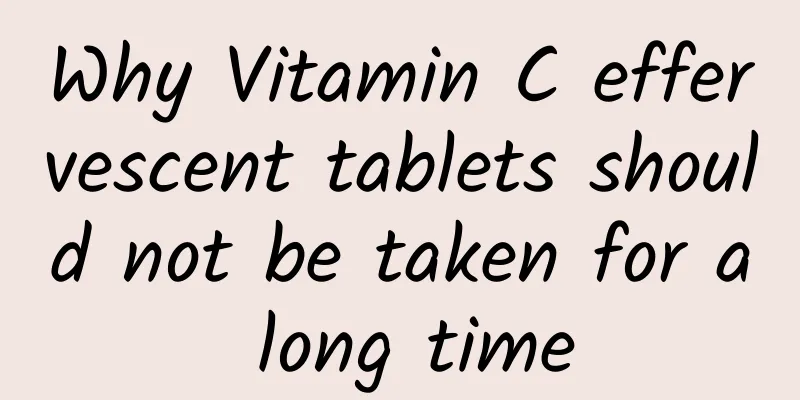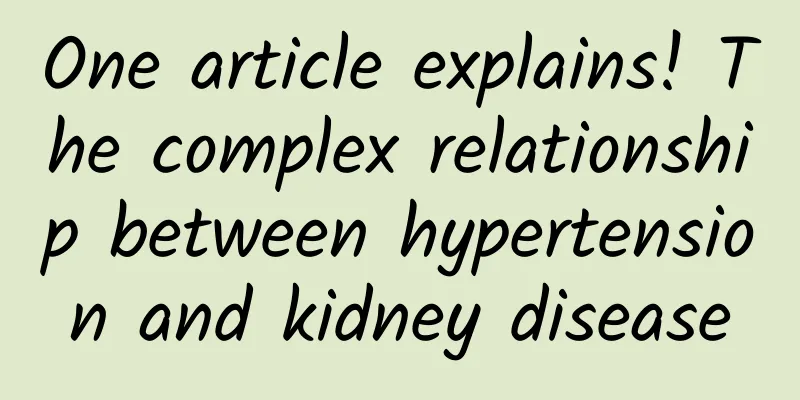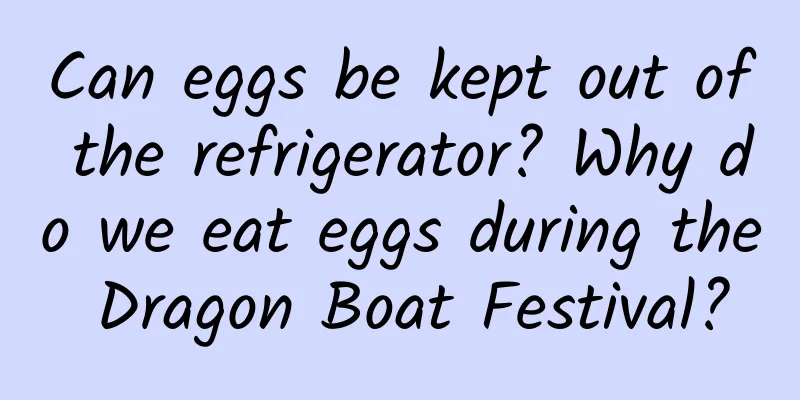Why Vitamin C effervescent tablets should not be taken for a long time

|
In daily life, many people take vitamin C effervescent tablets to prevent colds. Some people also think that vitamin C preparations such as effervescent tablets can be used to replace fruits. However, although vitamin C effervescent tablets are convenient and taste good, they are not suitable for daily use. Vitamin C is a water-soluble vitamin that cannot be synthesized by the human body and can only be taken in from the outside. Vitamin C can help the body absorb nutrients such as iron and calcium, and can also improve resistance to a certain extent. Generally speaking, 30 mg of vitamin C per day can meet the body's metabolic needs. If you take too much vitamin C, it will bring side effects to the body, which may cause nausea, vomiting, diarrhea, abdominal pain, rash and other problems, and may also affect the body's immune system. In addition, excessive intake of vitamin C will also lead to an increase in the metabolite oxalic acid, which can cause urinary stones. Long-term and large-scale use of vitamin C can easily lead to vitamin C deficiency once it is stopped, which is generally manifested as bleeding gums in the morning, or subcutaneous ecchymoses in severe cases. If 2500-5000mg or even higher vitamin C is taken at one time, it may cause a large number of red blood cells to rupture, resulting in hemolysis and other critical phenomena. Vitamin C effervescent tablets work best when brewed with warm water at about 40°C. Drink it immediately after brewing. When you have a cold, take it once a day for about 3-5 days. The upper limit of daily intake is 1 gram. If each tablet contains 1 gram of vitamin C, you can take no more than 1 tablet a day. Brush your teeth and rinse your mouth immediately after drinking to avoid damage to your teeth. In addition, effervescent tablets should be taken only after they are completely dissolved or the bubbles disappear, to prevent undisintegrated drugs from entering the mouth, esophagus or stomach and continuing to disintegrate, causing discomfort such as abdominal bloating, abdominal pain, and hiccups. It should be noted that vitamin C effervescent tablets are drugs and should not be used at the same time as other drugs, nor should they be mixed with tea, beverages, etc. It is best to consult a doctor or pharmacist before taking them to reduce the occurrence of adverse reactions. (Jin Kaiyi) |
<<: Spotlight on small businesses and app developers on the App Store
>>: CleverTap: Women account for 54% of e-commerce app usage in India
Recommend
What is the cause of leucorrhea like rice soup?
Abnormal changes in women's leucorrhea indica...
What to do if you feel stomach discomfort while eating during pregnancy
Many people often encounter various problems in t...
What are the characteristics of Tai Chi? Can practicing Tai Chi help you grow taller?
Tai Chi is a major martial arts system. The name ...
Six foods you must eat when your period comes
We all know that women experience menstruation ev...
Six foods that can relieve menstrual pain in women
Studies have found that calcium supplements can e...
Will I have my period during the month?
When a woman becomes pregnant, her menstruation s...
What causes women to have strong odor?
Some female friends also encounter odor from thei...
Gestational sac, fetal bud, fetal heart rate comparison table
Pregnant friends can use B-ultrasound to check wh...
How to treat leucorrhea without stringiness?
When a woman is in good health, her vaginal disch...
What are the methods of making ginger soup for dysmenorrhea?
For girls, dysmenorrhea is something that they ar...
What is the Bacterial Vaginosis Sialidase Assay?
There are many types of gynecological diseases. B...
During breastfeeding, the mother's milk supply decreases
Maternal and childbirth, after the birth of the b...
Are those health supplements that young people are flocking to really worth taking?
“Can health supplements help young people stay he...
What causes sagging skin?
Whether men or women, they will experience saggin...
Can I still have another baby after three caesarean sections?
Although cesarean section is a very convenient wa...









